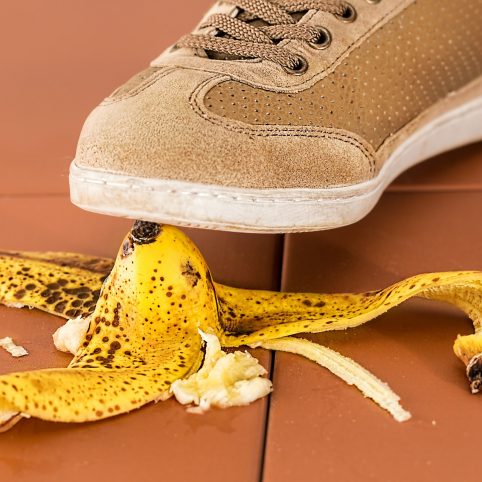Slips, trips and falls can happen to anyone, but they are more common and more significant as we get older. This is even more important in people with haemophilia due to repeated bleeding, joint deformities, muscle weakness and impaired balance. About 10% of falls in people with haemophilia result in serious injury. Many falls are preventable and injuries from falls can be minimised.
Physiotherapy and an active lifestyle are important for the preservation of joint function and improving your quality of life. They also play an important role in reducing the risk of falls. Inactive or unfit people tend to have poorer balance and weaker muscles, and can be unsteady when walking. Over time, this actually makes you more likely to fall because your muscles get weaker, your joints stiffen and your balance gets worse.
Physical activity can:
• Improve balance
• Improve muscle strength and flexibility
• Keep bones strong
• Increase energy levels
• Help with sleeping problems
• Help to control blood pressure, blood sugar levels and weight
• Help you to feel good about life
What you can do:
• Be physically active every day. Whatever your age, aim to do at least 30 minutes of activity, at least 5 times a week.
• The activity should make you breathe a bit faster and your heart pump a bit harder, but you should still be able to talk while doing the activity.
• Exercises and activities that make you both stronger and improve your balance lower the risk of having a fall.
• Some examples are Tai Chi, dancing, or group exercise programmes that include balance and muscle strengthening.
• Talk to a physiotherapist about what balance and strengthening exercises or activities will best suit you, and how to manage any pain you might have.
• A physiotherapist can also advise you about whether a walking aid, such as a stick or frame, would help you. Using a walking aid can increase your steadiness and confidence to walk more. It is important that walking aids are properly adjusted for you, and that they are properly maintained (e.g. replace worn stoppers).
• If you have arthritis, being active helps to control pain, weakness and stiffness.
• If you unable walk, it is still important to get outside and socialise. Aids such as mobility scooters should be considered.
